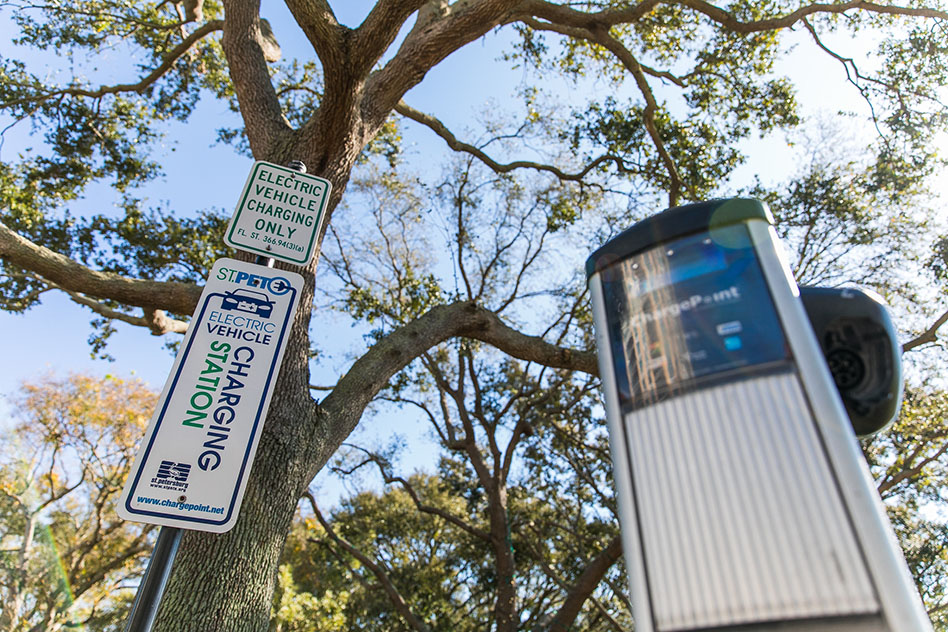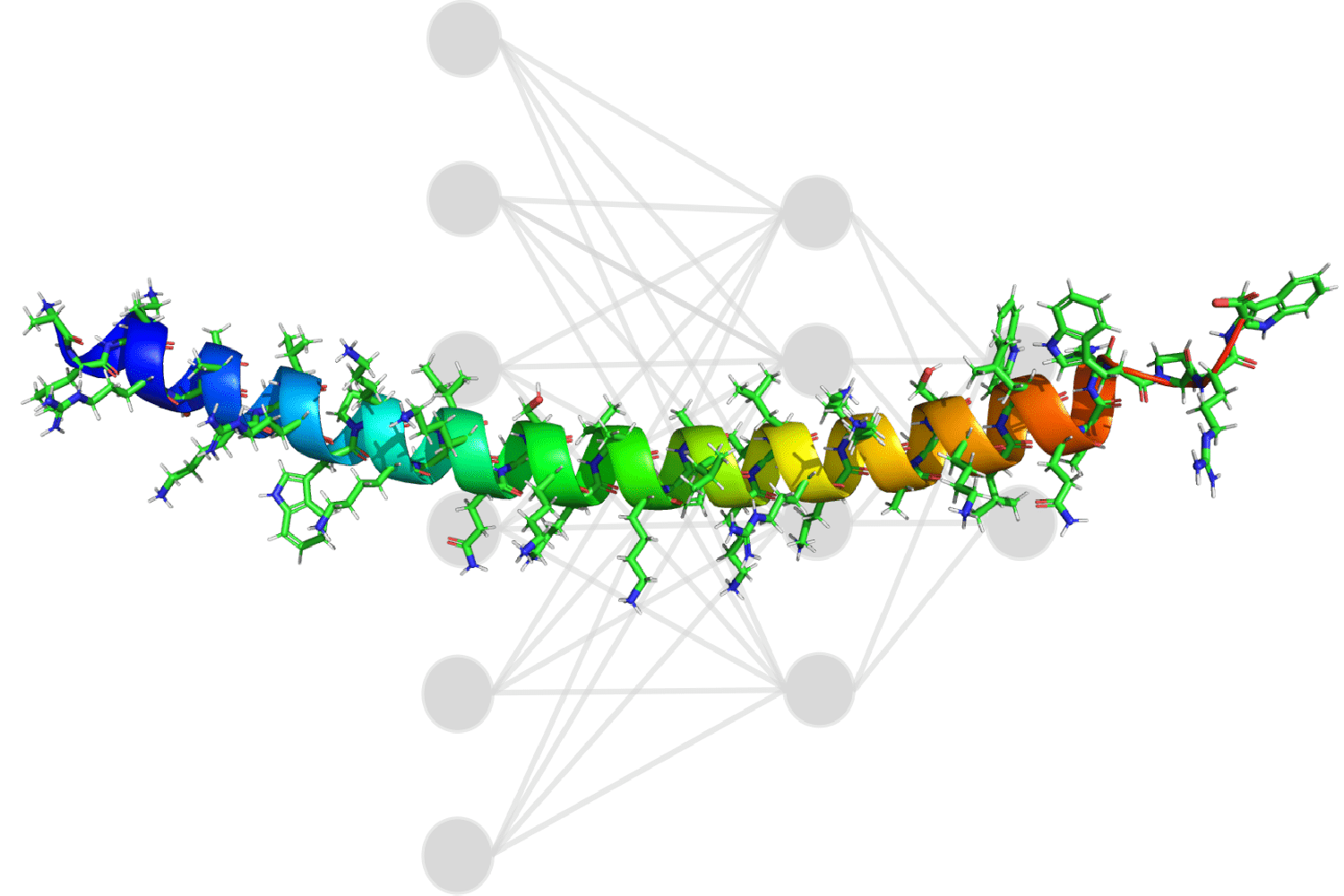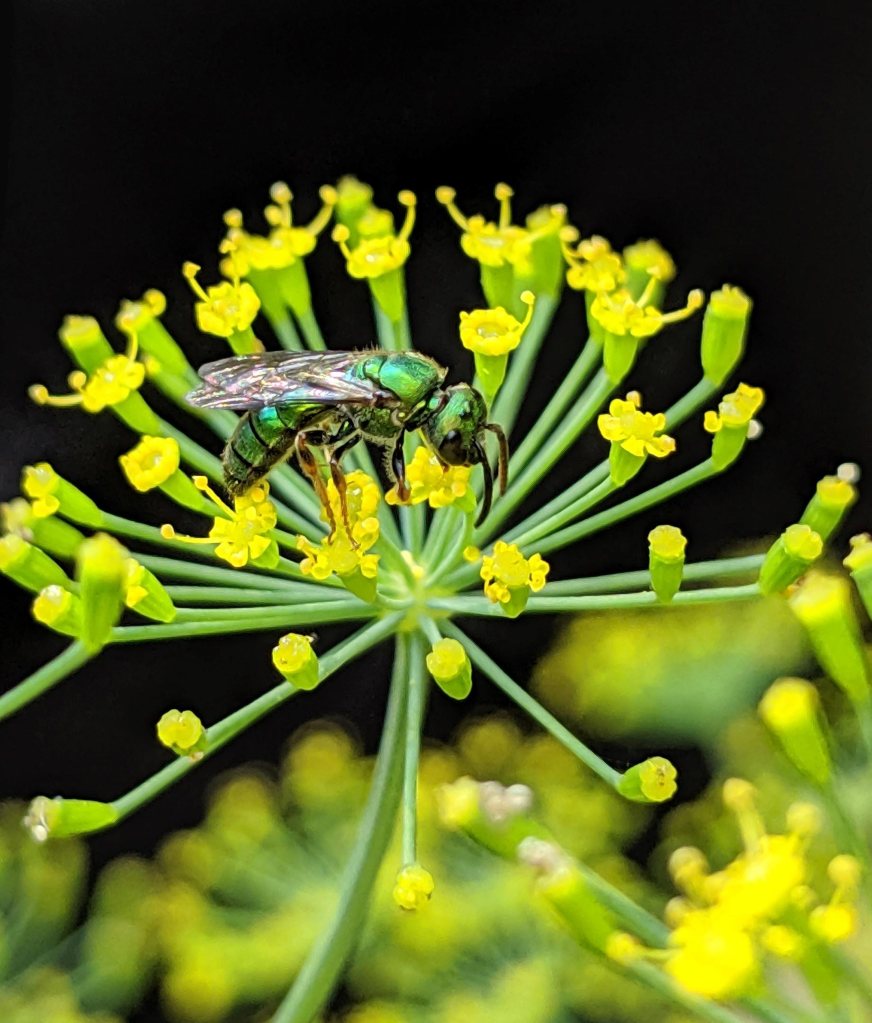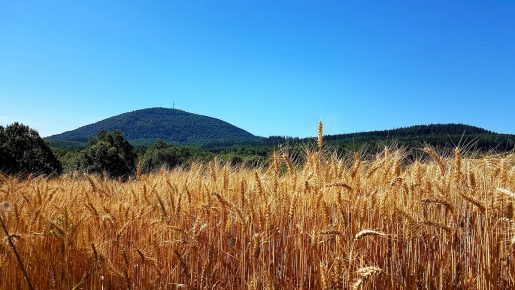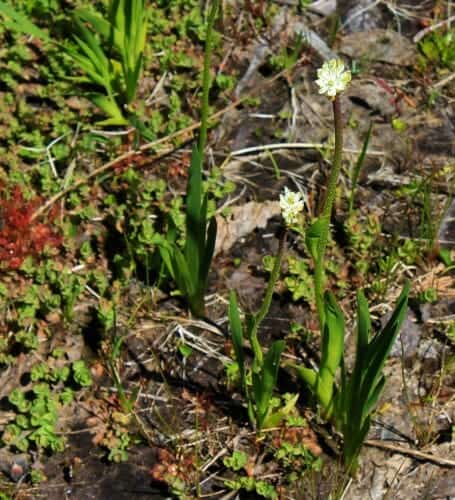The Covax initiative is falling well short of its objective to deliver 2 billion doses of Covid-19 vaccines to lower-income countries by the end of 2021. Wealthy countries, while pledging funds to Covax, have sequestered almost all scheduled vaccine production for the year. Covax is coordinated by Gavi, the Vaccine Alliance; the Coalition for Epidemic […]
Read More

